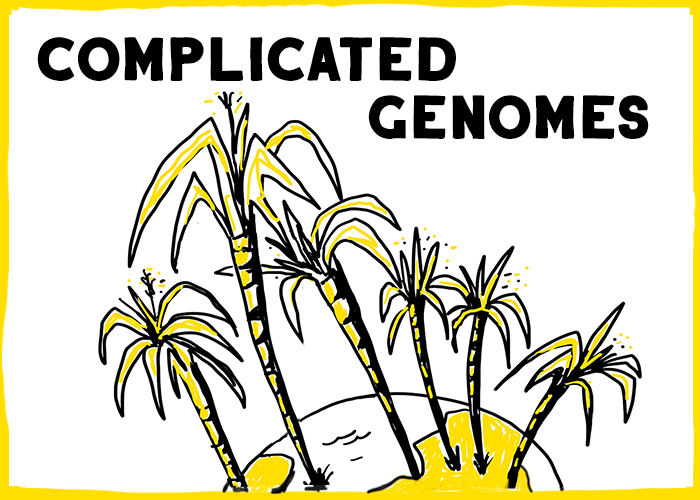


HUNTSVILLE, Ala. — A recent study of the effects of age on DNA sequences in blood cells suggests the human genome undergoes more changes during a person’s lifetime than previously thought.
As cells divide, the DNA sequence inherited from parents has to be copied. This process can lead to mutations in the DNA sequence, and some of these mutations involve large segments of chromosomes that have been deleted or duplicated in the newly divided cells.
According to Devin Absher, Ph.D, faculty investigator at HudsonAlpha Institute for Biotechnology and co-author of a recent publication on aging, the number of these large mutations increases as we age. "Even more surprising," said Absher, "the accumulation of these large mutations is much more dynamic than we anticipated. Some mutations can rise and fall in frequency in blood cells over decades within an individual."
Very large mutations, affecting more than half a million of the 3 billion base pairs in the human genome, were only found in subjects who were older than 60, and some of these mutations affected different proportions of blood cells 10 years later. The study, published in The American Journal of Human Genetics, was led by researchers at HudsonAlpha and Uppsala University in Sweden. Scientists examined normal blood cells from identical (monozygotic) twins in different age groups, looking for DNA sequence differences. They also compared DNA samples taken from the same individuals many years apart.
“The cells that carry these somatic mutations,” said Absher, "may generate malignancies or immune dysfunction that would be difficult to understand by analyzing DNA taken at only one time point".
The study, with funding from the Ellison Medical Foundation, represents a collaboration between researchers at HudsonAlpha, Uppsala University, Karolinska Institute and universities in the U.S.A., Poland, the Netherlands and Norway. Study results are published online here.
The Ellison Medical Foundation, located in Bethesda, Md., supports basic biomedical research on aging relevant to understanding lifespan development processes and age-related diseases and disabilities.
Holly Ralston
hralston@hudsonalpha.org
256.508.8954
The HudsonAlpha Institute for Biotechnology in Huntsville, Alabama, is the cornerstone of the Cummings Research Park Biotechnology Campus. The campus hosts a synergistic cluster of life sciences talent – science, education and business professionals – that promises collaborative innovation to turn knowledge and ideas into commercial products and services for improving human health and strengthening Alabama’s progressively diverse economy. The non-profit institute is housed in a state-of-the-art, 270,000 square-ft. facility strategically located in the nation’s second largest research park. HudsonAlpha has a three-fold mission of genomic research, economic development and educational outreach.

